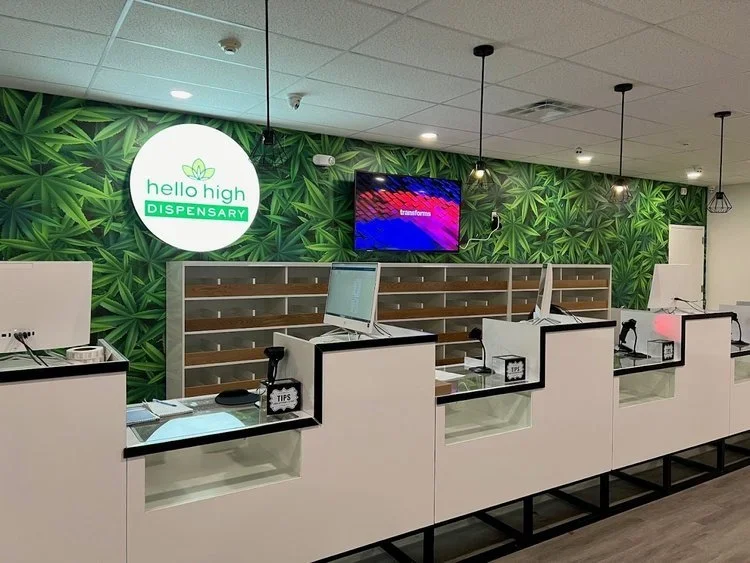How to Open a Dispensary in NJ
Opening a dispensary in New Jersey is a high-potential opportunity in the state’s fast-growing cannabis market. But success depends on navigating complex regulations, securing capital, selecting a compliant property, and getting your NJ cannabis license approved. In this guide, we walk you through every major step to open a dispensary in NJ legally and strategically.
Understanding the NJ Cannabis Market
New Jersey legalized adult-use cannabis, and the New Jersey Cannabis Regulatory Commission (NJ-CRC) now governs licensing, oversight, and regulation.
When planning to open a dispensary in NJ, you must align with state rules, municipal regulations, and local zoning laws. Many municipalities have “opted out” of allowing cannabis businesses, so your choice of location is critical.
Secure Adequate Funding
To start your dispensary, you’ll need to demonstrate sufficient funding. The NJ CRC expects proof of liquid assets, operational reserves, and capital for build-out and inventory.
Most new operators target between $500,000 to $1 million+ to cover property, renovations, security systems, staff, and compliance costs.
Form Your Business Entity
Before applying for your cannabis license, you’ll need to establish a proper business structure. Most dispensaries in New Jersey operate as LLCs, corporations, or nonprofits, depending on their ownership model and funding structure.
Register your entity with the New Jersey Division of Revenue, obtain your EIN from the IRS, and prepare detailed documents such as operating agreements, ownership structure, capitalization plans, and financial projections. These are all essential components of your NJCRC application.
Finding Compliant Real Estate
Securing compliant real estate is often one of the most challenging and time-consuming steps when learning how to open a dispensary in NJ. Your chosen property must meet all local zoning and municipal requirements.
Typically, cannabis properties must be located at least 1,000 feet from schools or public facilities, and they must be situated within a municipality that explicitly permits cannabis businesses. Before submitting your state application, you’ll also need municipal approval, which involves site verification and compliance with accessibility and security standards.
Preparing Your NJCRC Application
The NJCRC application is comprehensive and requires detailed information about your business operations and compliance strategy. Key components include:
Security protocols and surveillance plans
Community impact and social equity strategies
Diversity and workforce development plans
Financial statements and ownership disclosures
Property documents and zoning verification
Obtaining Local Municipal Approval
Before your dispensary can be licensed at the state level, you must first gain local approval from the city or municipality where your property is located. This process may include planning board hearings, zoning verifications, and community presentations.
Securing local approval demonstrates that your dispensary aligns with community standards and contributes positively to local economic development.

